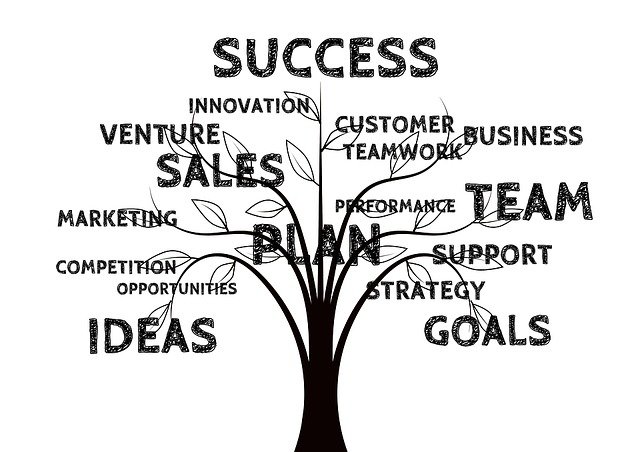Knowledge is power: how insights gained from powerful CRM can ensure the sales team achieves success
Nowhere is the old adage ‘knowledge is power’ truer than in the sales department of a business. The more information a sales team possesses about their customers, the better they can tailor their approach, meet their needs, and deliver a personalised experience. This is where Customer Relationship Management (CRM) systems come into play. By harnessing the power of data, communication preferences, feedback, and demographics, CRM tools empower sales teams to understand customer trends, pain points, and preferences.
CRM systems are designed to handle vast volumes of customer information, while making each individual customer feel heard and attended to on a personal level. The key is to ensure that the sales team knows where to find this valuable data and – most importantly – how to interact with it effectively.
A robust CRM system with an extensive API (Application Programming Interface) integration has the ability to collect and organise various data sources, including accounting information and social media insights, generating comprehensive reports which can then be used for sales tactics analysis and strategy.
Identifying barriers and bottlenecks
One of the significant advantages of using CRM for sales coaching is its ability to identify bottlenecks in the customer journey. By closely monitoring the sales process from start to finish, CRM systems help pinpoint areas where sales, products, or steps in the customer conversion funnel become bottlenecked. Understanding objections and common roadblocks enables businesses to fine-tune their sales processes and adopt a more efficient approach.
Sales managers can use their CRM tool to boost performance on an individual and team basis. CRM provides valuable insights into which salesperson performs best with which type of customer, shedding light on customer preferences and preferred sales approaches.
Furthermore, a real-time dashboard can provide sales managers with an exact snapshot of the business’s current sales and revenue status and forecasts. Instead of waiting for days to gather reports, they can access instant updates and use the data to make informed decisions immediately. Leading indicators provided by CRM, such as quota trackers and other metrics, also offer a predictive view of future sales performance, allowing for personalised development programmes to be tailored to each salesperson’s needs.
Learning from top performers
The power of CRM-driven coaching and insights is clearly exemplified in a recent anecdote from the field: a highly successful salesperson was repeatedly asked by his colleagues how he achieved such remarkable results. The ones who followed his advice and strategies experienced similar success – while those who failed to embrace his guidance saw little improvement. This highlights the importance of not just having data at hand, but also leveraging it correctly to drive performance and success.
Sales managers need to create a data-driven sales culture to receive the full benefit of their investment in CRM.
Treating knowledge ethically
Of course, possessing powerful knowledge comes with great responsibility. CRM systems are equipped with ethical data usage features, ensuring that customer data is observed and handled responsibly in line with GDPR (General Data Protection Regulation), POPIA (Protection of Personal Information Act) and HIPAA (Health Insurance Portability and Accountability Act) guidelines. The inherent audit trail in the CRM system allows sales leaders to identify exactly how data is used, exported, or modified by their sales people. This helps maintain customer trust and privacy, while also enabling businesses to continuously improve their customer service.
In summary, the adage ‘knowledge is power’ is perfectly exemplified through the utilisation of CRM in every sales department. It is indeed a critical strategic imperative for any business which aims to thrive, and remain sustainable, in today’s highly competitive marketplace.


